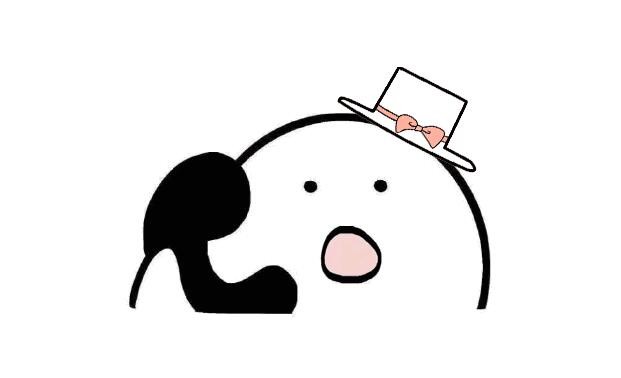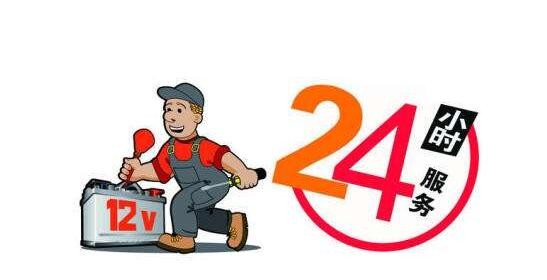In this article, we will explore the various ways to express quantity in the English language. We will delve into four aspects: counting, measuring, comparing, and estimating. Each aspect will be discussed in detail with multiple paragraphs dedicated to each. By the end of this article, you will have a solid understanding of how to effectively communicate quantity in English.

Counting:
Counting is the most basic way to express quantity in English. We use cardinal numbers to indicate the exact number of people, objects, or events. For example, "I have three siblings," or "There are seven days in a week." Cardinal numbers can be used with both countable and uncountable nouns, although they are often followed by the word "of" when used with uncountable nouns. For instance, "I drank a cup of coffee."

Ordinal numbers, on the other hand, are used to indicate position or order. They are formed by adding "-th" to cardinal numbers, such as "first," "second," "third," and so on. Ordinal numbers are often used when giving directions, describing dates, or ranking items. For example, "Turn left at the first street," or "She finished in third place."

Fractional numbers are another way to express quantity. They are used for parts of a whole and are commonly written with a numerator and denominator, like 1/2, 3/4, or 5/6. Fractions can be used to describe quantities in cooking, measurements, or when piding something. For instance, "Add 1/4 cup of sugar to the mixture."

Measuring:
When it comes to measuring, English utilizes a variety of units and expressions to express quantity. These units can be used to measure length, weight, volume, time, and more. For example, to measure length, we use units such as inches, feet, or meters. To express weight, we have pounds, kilograms, or grams. For volume, we can use liters, gallons, or milliliters. Time is measured in seconds, minutes, hours, days, and so on.

In addition to using units, we also employ specific expressions to provide more detailed measurements. For instance, rather than simply saying "The box is two feet long," we may say "The box is exactly 24 inches long" for a more precise measurement. It is important to understand and use the appropriate units and expressions in different contexts to effectively express quantity in English.

Comparing:
When comparing quantities in English, we use comparative adjectives to indicate more or less. Comparative adjectives are formed by adding "-er" to the end of short adjectives or by using "more" with longer adjectives. For example, "She is taller than her brother," or "This dress is more expensive than that one." We can also use "less" to indicate a smaller quantity. For instance, "He has fewer books than his friend."

In addition to comparative adjectives, we can use quantifiers to compare quantities. Quantifiers are words or phrases that describe the amount or extent of something. Examples of quantifiers include "much," "many," "few," "a lot of," "some," and "any." These words are used to compare quantities in different contexts. For example, "There are a lot of books in the library," or "She doesn't have many friends."

It is important to note that when comparing quantities, we often use the comparative form of the adjective, followed by "than." However, there are exceptions where we use "to" instead, such as "equal to," "superior to," or "inferior to." These expressions are commonly used to compare quantities in specific situations.

Estimating:
Estimating is a way to express approximate quantities in English. We use phrases and expressions to convey that the quantity is not exact but an educated guess or an approximation. Some common phrases used when estimating include "around," "about," "roughly," "approximately," and "approximately." For example, "There are about 50 people in the room," or "The journey will take roughly two hours."

Estimating can also be done by using expressions with words like "almost," "nearly," or "close to." These phrases indicate that the quantity is very close to the exact amount but not exactly the same. For instance, "He's almost 40 years old," or "We're close to finishing the project."

By using estimation phrases and expressions, we can convey quantity without providing an exact number. This is particularly useful when we are unsure of the exact quantity or when it is not necessary to give a precise figure.
标题:多少用英语怎么写(Discover the Best Ways to Express Quantity in Engli
地址:http://www.hmhjcl.com/baike/119698.html

